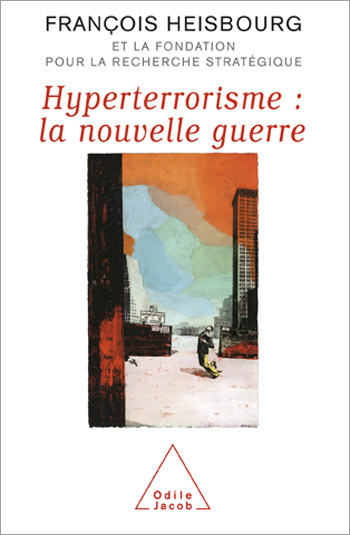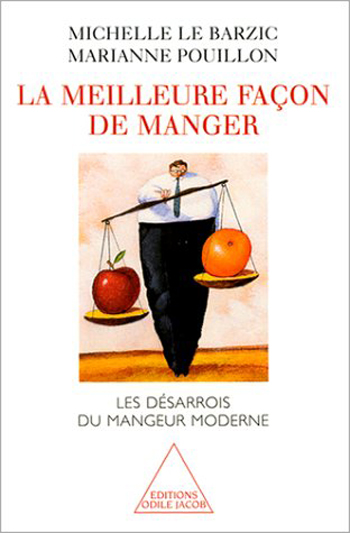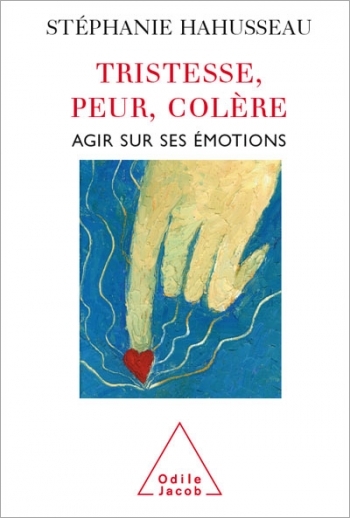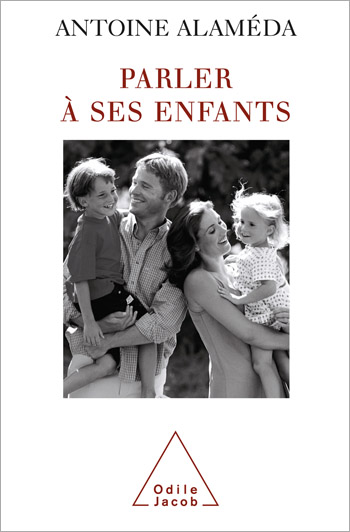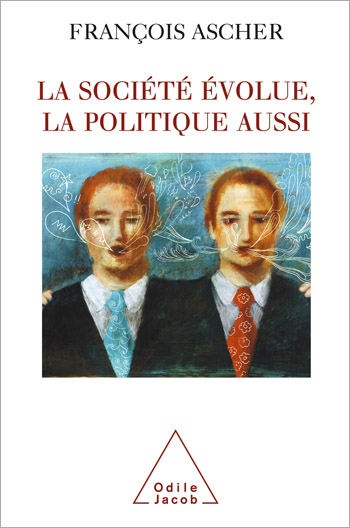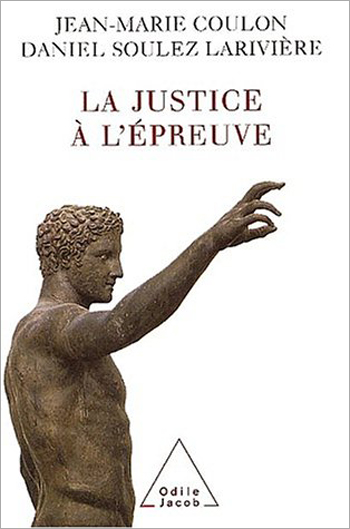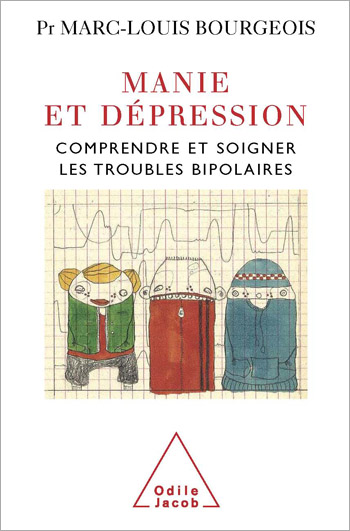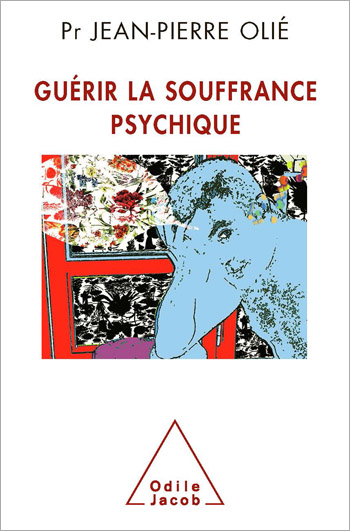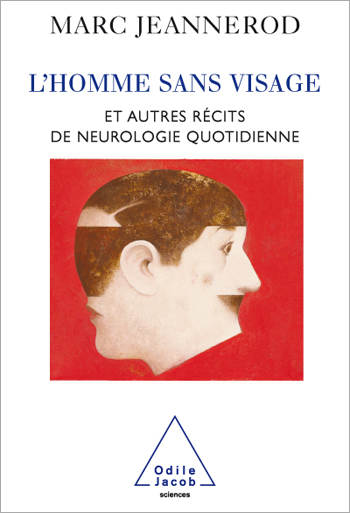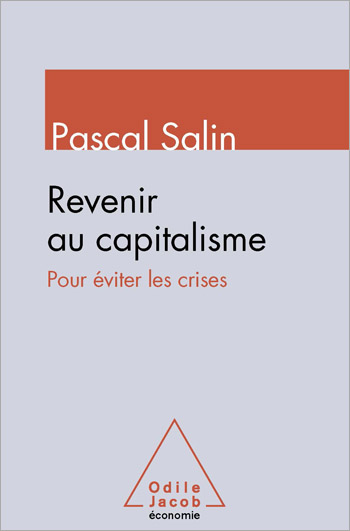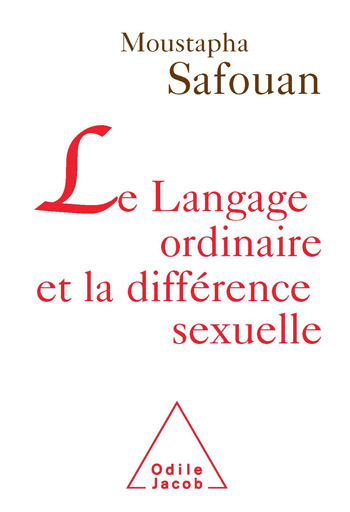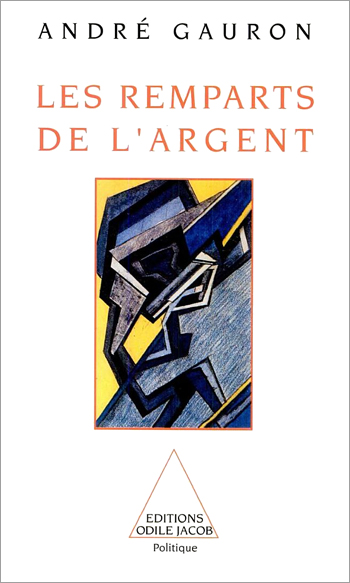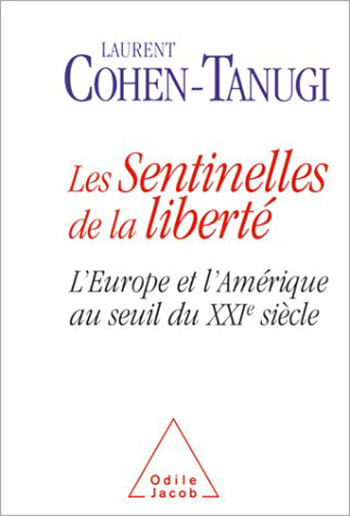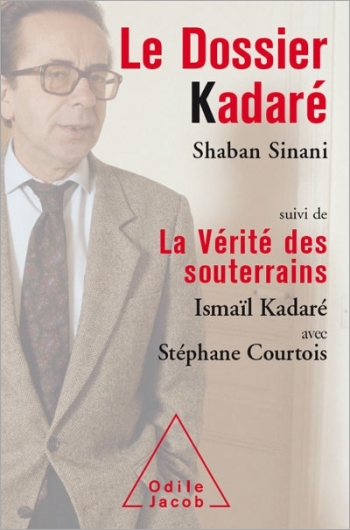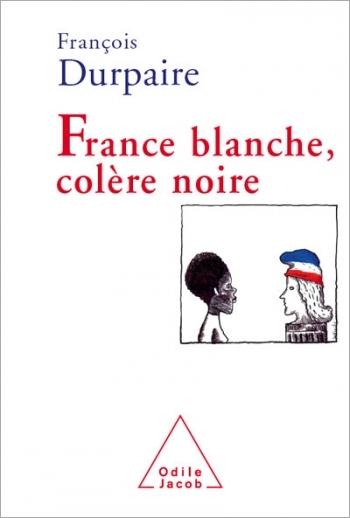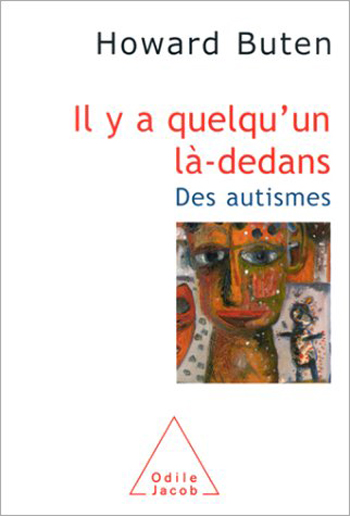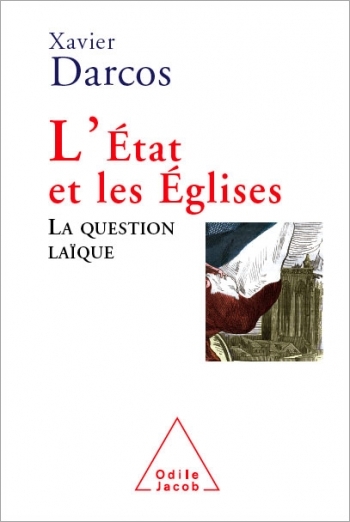Catalog All books
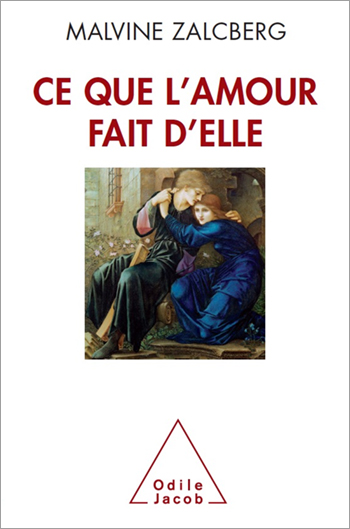
Malvine Zalcberg
Women in Love — What Love Does to Them
Why does love seem to play a more significant role in a woman’s life than in a man’s?
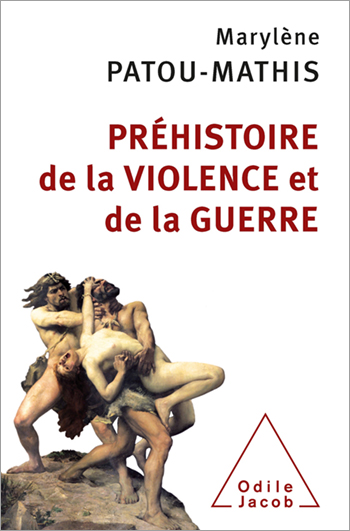
Marylène Patou-Mathis
War in Prehistory
A fascinating journey to the origins of violence among humans
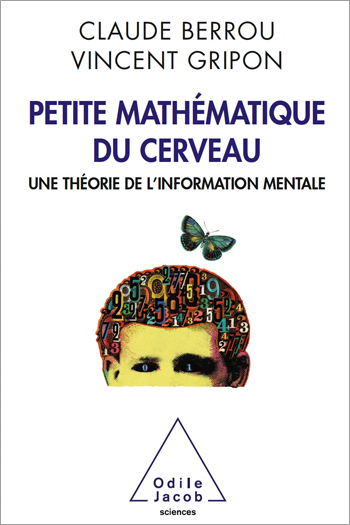
Claude Berrou, Vincent Gripon
Some Brain Mathematics A Theory of Mental Information
How the human brain processes information — an explanation between neuroscience and information technology.
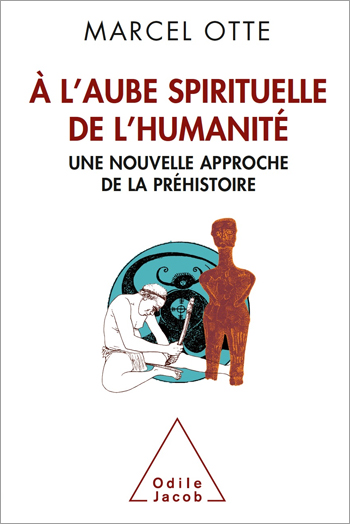
Marcel Otte
At Humanity’s Spiritual Dawn A New Approach to Prehistory
How did our ancestors think? What did they feel? How did they live?
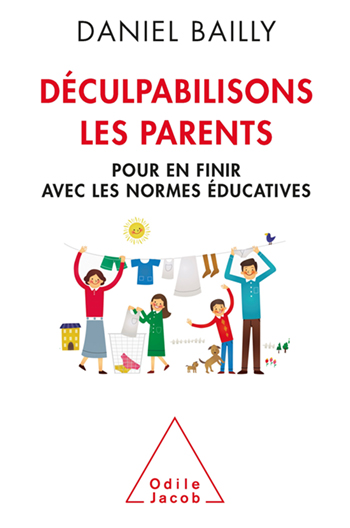
Daniel Bailly
Let’s Stop Making Parents Feel Guilty And Let’s Abolish Educational Norms
Parents need to feel more self-confident and spontaneous so they can focus on their child’s real needs
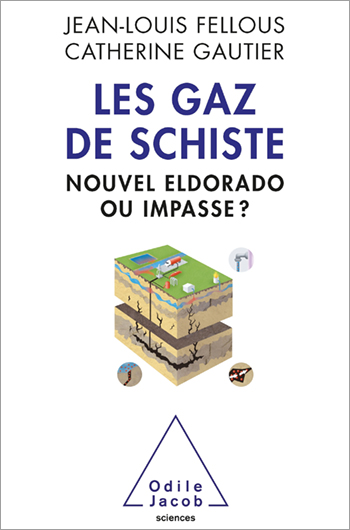
Jean-Louis Fellous, Catherine Gautier
The Gazs Shale New Eldorado or Impasse ?
Global problems related to the interaction of humans with their environment are multiplying: climatic upheaval, oil crisis, energy policies that are too lenient on carbon emissions
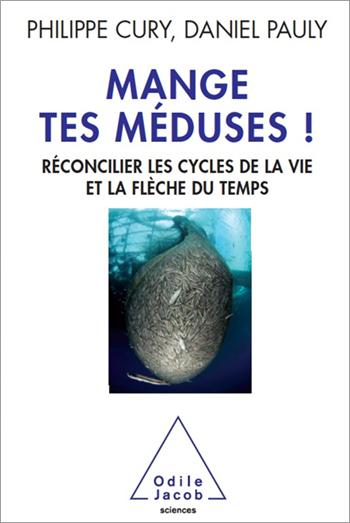
Philippe Cury, Daniel Pauly
Eat Your Jellyfish! Human Impact on Nature
An uncompromising picture of overexploitation, especially of marine resources. Examples of certain actions that have been successfully undertaken show (perhaps) that all has not yet been lost.
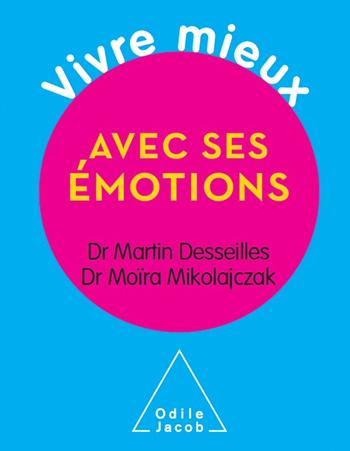
Martin Desseilles, Moïra Mikolajczak
Living better With Your Emotions
Learning to master your emotions will make you stronger to overcome life’s difficulties
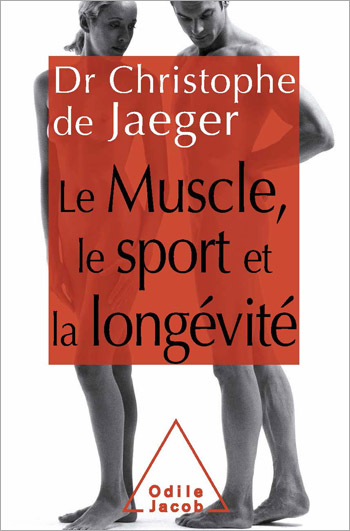
Christophe De Jaeger
The Muscle, Sport and Longevity
Christophe De Jaeger is a geriatrician and gerontologist...
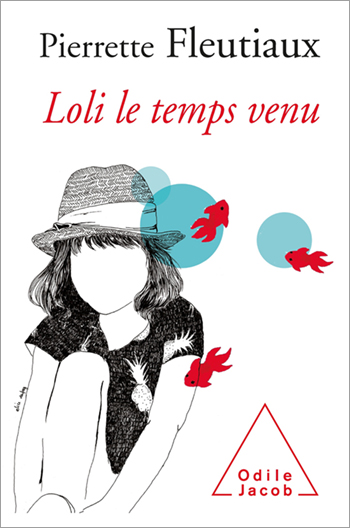
Pierrette Fleutiaux
Loli, the Time Has Come
Loli, le temps venu covers a relatively unexplored area in human relations, uncovering some singular emotions that shake up our usual vision of life. This is a chronicle of passion.
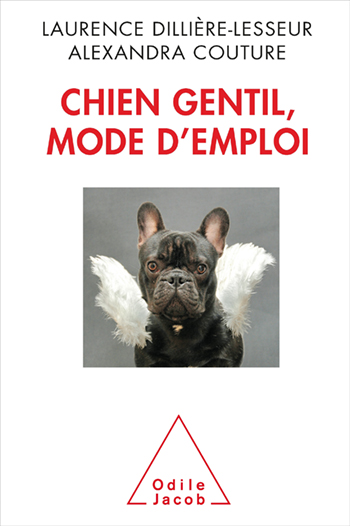
Laurence Dillière-Lesseur, Alexandra Couture
Good-Dog Training
Practical training tips to make sure your dog remains gentle and well-behaved in all situations
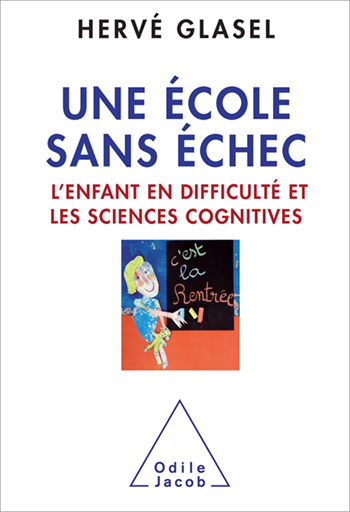
Hervé Glasel
Academic Success for All Cognitive Sciences and Children with Learning Difficulties
How can children with learning difficulties be helped? The neurosciences offer a number of concrete solutions for teachers and parents
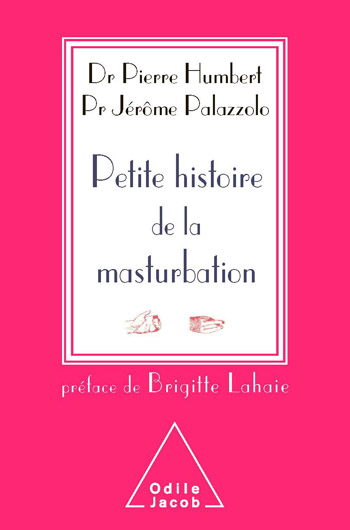
Pierre Humbert, Jérôme Palazzolo
A Short History of Masturbation
A physician and a psychiatrist trace the medical and psychological history of masturbation...
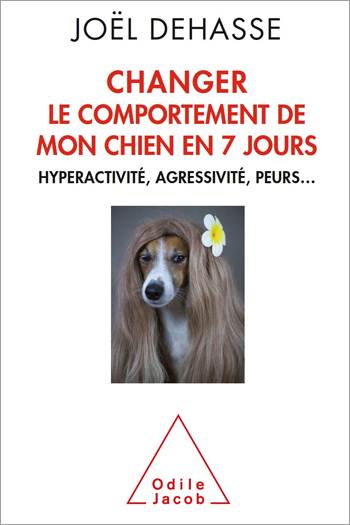
Joël Dehasse
Change Your Dog’s Behaviour in Seven Days
A highly effective training method to transform any dog into the perfect pet!
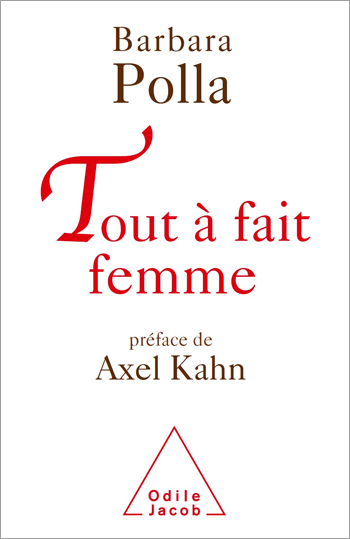
Barbara Polla
A Woman First
A unique, personal and passionate approach to a fundamental question: the position of the two sexes, face to face and in the world.

